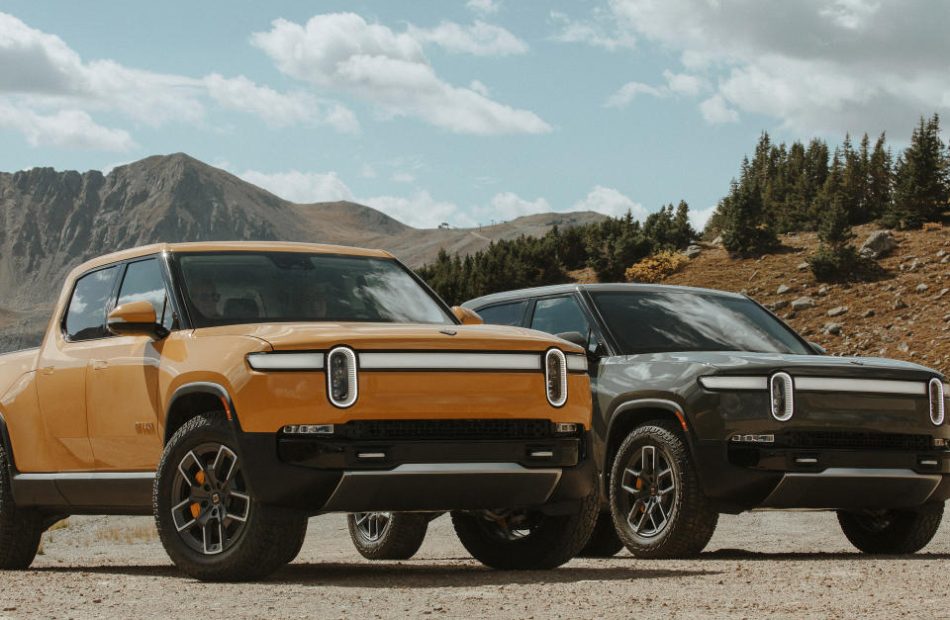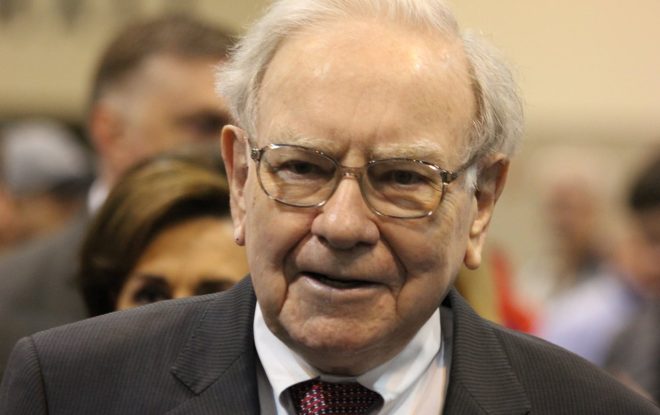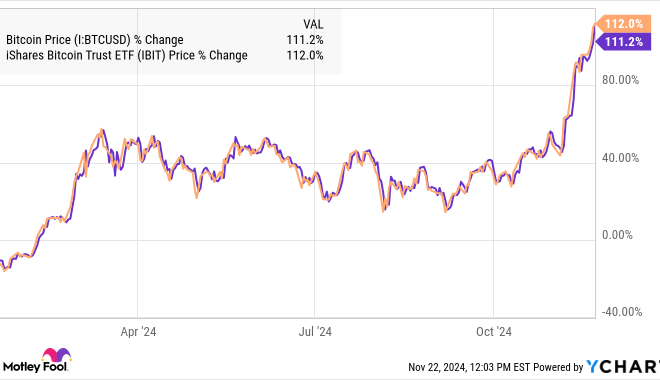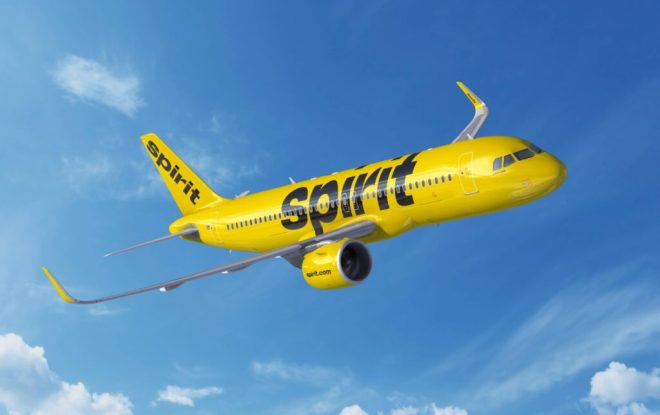Rivian's Next Step Will be a Doozy
Rivian (NASDAQ: RIVN) has a lot going for it right now. The company is charging ahead toward positive gross profits in the fourth quarter, starting a pre-owned program to generate new revenue, expanding its leasing program, building delivery vans for Amazon and AT&T, and most of all preparing its upcoming product pipeline of the R2, R3, and R3X, among other things. Despite the excitement surrounding the R2, there’s a crucial step that Rivian is taking that investors might not be fully considering.
Headed overseas
Most investors understandably think of the upcoming R2, set to launch in early 2026, as the key driving force to boosting sales in the U.S. market. It’s true; the more affordable R2, which is targeting a price tag around $45,000, far less than the low to mid-$70,000’s for its R1T and R1S, will raise sales in the U.S. market, but it also has a huge upcoming role overseas.
Rivian has no plans to sell the R1T and R1S in Europe, at least not to date, but they have planned to launch the R2 in Europe, and they are already testing the waters with a rental program. While the R1S doesn’t sell in Europe, the electric SUV is now available to rent in the U.K.
Rental firm EVision is offering the Rivian R1S, which can be rented for one day to three years. For context, EVision is the U.K.’s first and largest pure EV rental company, and it offers many popular names including Tesla models and the Porsche Taycan, among others.
The R2’s move into Europe will be a big step for Rivian, which will face stiff competition including from highly subsidized and well-received Chinese EVs, which might not be slowed much by steep tariffs from Europe and the U.S., and different consumer preferences.
Tariff speed bump
In fact, using the U.S. and its 100% tariff as an example — Europe’s tariffs on Chinese EVs are a bit more gentle — China’s leading EV producer, BYD, is likely to remain unaffected by these tariffs and continue business mostly as usual.
Even with a 100% tariff, BYD would remain the U.S.’s cheapest option for EVs and could undercut American brands. EV industry at a price tag of $25,000 or less. The story is similar in Europe, where Chinese EVs are already trying to take market share.
That’s because BYD’s cheapest electric car, the Seagull EV, which does well in China, starts at under $10,000. One reason Chinese EVs are so far ahead is that the government has highly subsidized the companies to spur an early-mover advantage — which it has successfully done. Already, Chinese automakers have an advantage with supply chains, technology, and production, which have combined to enable much lower prices.
The Chinese EV market is simply years ahead of the United States’ EV market, especially considering that in July, EVs generated over 50% of passenger vehicle sales in China for the first time, while in the U.S., EV market share was only 8.5%.
The good news
Fortunately, for Rivian investors, Rivian will rarely compete directly with Chinese EVs overseas, as many of those models are passenger cars, while Rivian has stuck with its strategy for trucks and SUVs, with the R2 being a crossover. Rivian’s R2 will be a massive boost to U.S. sales and a driving force to the company working its way toward profitability. Yet it will also be a doozy of a step for Rivian to expand sales overseas, where it will face stiff competition and different consumer preferences.
If Rivian’s R2 is a smash hit, here and overseas, the start-up EV will certainly have separated itself from other start-up EV makers.
Should you invest $1,000 in Rivian Automotive right now?
Before you buy stock in Rivian Automotive, consider this:
The Motley Fool Stock Advisor analyst team just identified what they believe are the 10 best stocks for investors to buy now… and Rivian Automotive wasn’t one of them. The 10 stocks that made the cut could produce monster returns in the coming years.
Consider when Nvidia made this list on April 15, 2005… if you invested $1,000 at the time of our recommendation, you’d have $743,952!*
Stock Advisor provides investors with an easy-to-follow blueprint for success, including guidance on building a portfolio, regular updates from analysts, and two new stock picks each month. The Stock Advisor service has more than quadrupled the return of S&P 500 since 2002*.
*Stock Advisor returns as of September 23, 2024
John Mackey, former CEO of Whole Foods Market, an Amazon subsidiary, is a member of The Motley Fool’s board of directors. Daniel Miller has no position in any of the stocks mentioned. The Motley Fool has positions in and recommends Amazon, BYD Company, Porsche Automobil Se, and Tesla. The Motley Fool has a disclosure policy.
Rivian’s Next Step Will be a Doozy was originally published by The Motley Fool





Leave a Reply